
Book
The Person You Mean to Be
How Good People Fight Bias
HarperCollins,
2018
más...
THE PERSON YOU MEAN TO BE: How Good People Fight Bias. Copyright © 2018 by Dolly Chugh. Foreword copyright © 2018 by Laszlo Bock. Published by arrangement with Harper Business, an imprint of HarperCollins Publishers.
ISBN: 9781982554071
Pages: 287
ISBN: 9781982554071
Pages: 287
Recommendation
Most people want to be good people. Yet often, being seen as a good person can become more important than actually being a good person. When this happens, your efforts to make a positive difference in the world can backfire. At a time when inclusion and diversity have become mainstream topics, social psychologist Dolly Chugh demonstrates how uncovering your hidden motives and adopting a growth mindset will help you to act as a builder, rather than just a believer, in the fight against discrimination and inequality.
Summary
About the Author
Dolly Chugh is an award-winning social psychologist and associate professor of management and organization at the Stern School of Business at New York University.
Learners who read this summary also read
Book
Book
Book








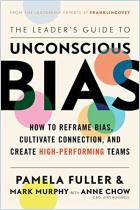
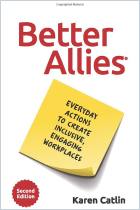
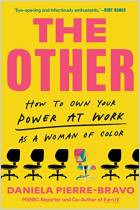
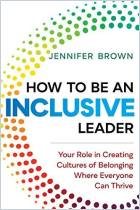
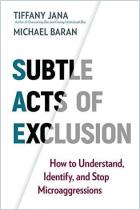
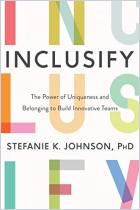



Comment on this summary or Comenzar discusión